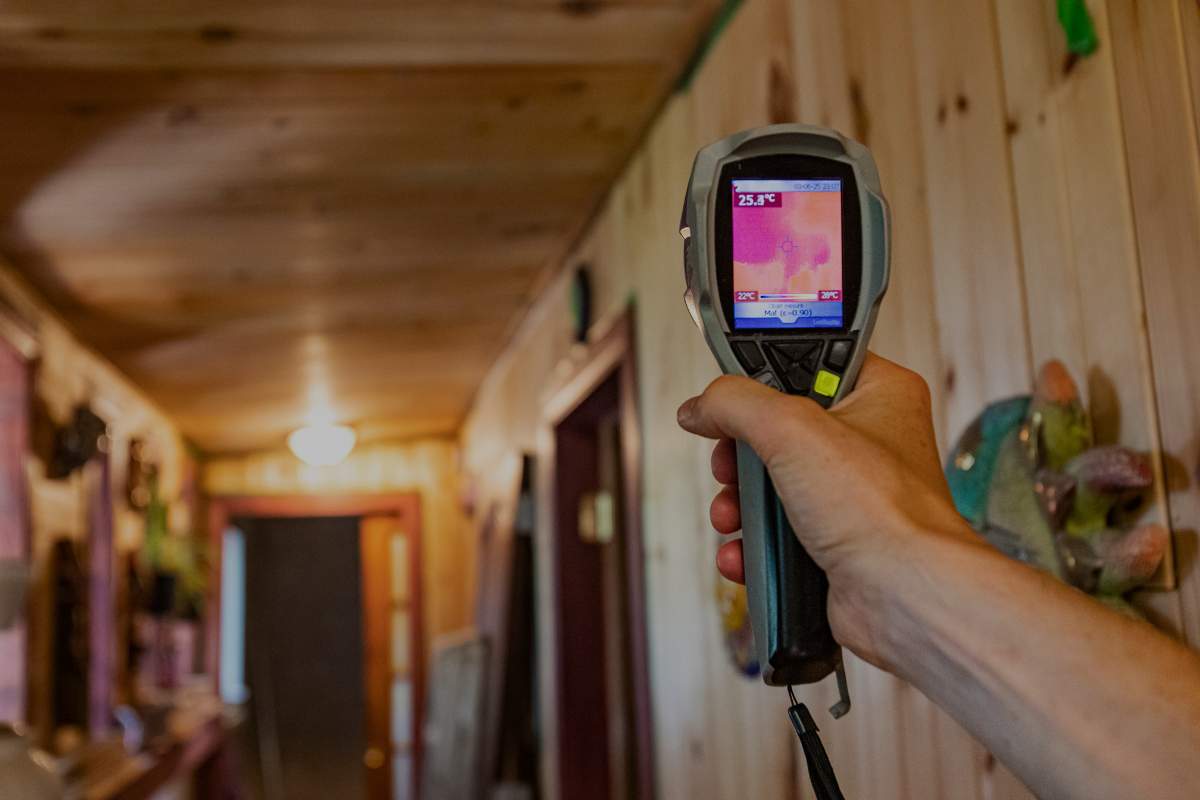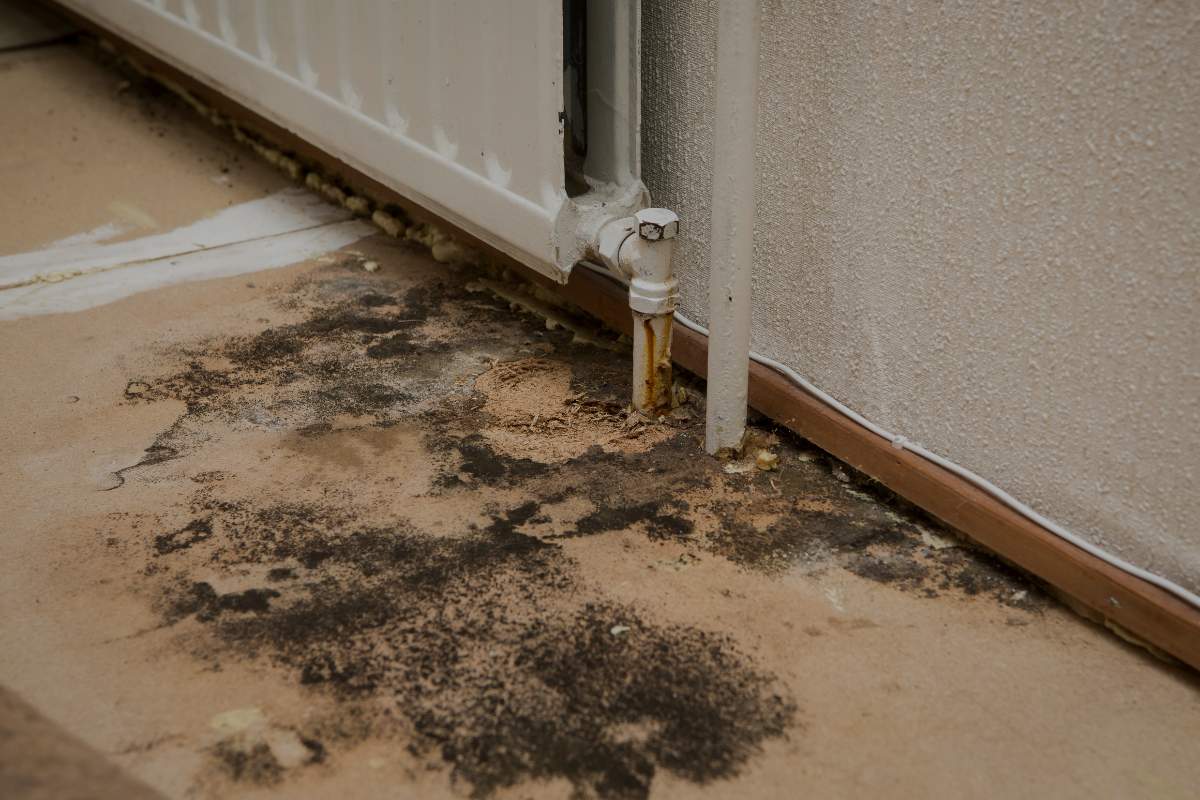Steps to Take Immediately After a Fire
Experiencing a fire in your home or business can be overwhelming and traumatic. The immediate aftermath requires swift and decisive action to ensure safety, minimize damage, and begin the recovery process. Here are the essential steps to take immediately after a fire.
1. Ensure Safety
Safety First: The safety of you and your family or colleagues is the top priority.
- Exit the Building: Ensure everyone has evacuated the building. If anyone is missing, inform the firefighters immediately.
- Avoid Re-entry: Do not re-enter the building until the fire department declares it safe. Structural damage, smoke, and hot spots can pose serious risks.
2. Contact Emergency Services
Notify Authorities: Once you are safe, contact the necessary emergency services.
- Call 911: If you haven’t already, call 911 to report the fire and get assistance.
- Medical Attention: Seek medical attention for anyone injured or experiencing smoke inhalation.
3. Secure the Property
Prevent Further Damage: Once the fire is extinguished and the area is declared safe, take steps to secure your property.
- Board Up Windows and Doors: Prevent unauthorized entry and protect against weather damage by boarding up broken windows and doors.
- Turn Off Utilities: Ensure that gas, electricity, and water are turned off to prevent further hazards.
4. Contact Your Insurance Company
Begin the Claims Process: Inform your insurance company about the fire as soon as possible.
- File a Claim: Provide them with detailed information about the fire and the extent of the damage.
- Document Damage: Take photos and videos of the damage for your insurance claim. Keep a record of all communications with your insurer.
5. Arrange Temporary Housing
Find a Safe Place: If your home is uninhabitable, arrange for temporary housing.
- Contact Red Cross or Other Aid Organizations: They can provide immediate assistance, including temporary shelter.
- Stay with Friends or Family: If possible, stay with friends or family until you can make more permanent arrangements.
6. Protect Your Valuables
Salvage Important Items: If it’s safe to do so, retrieve important documents and valuables.
- Secure Documents: Save essential documents like identification, insurance policies, and financial records.
- Store Safely: Keep these items in a safe, secure location to protect them from further damage.
7. Begin Cleanup and Restoration
Start Recovery: Begin the cleanup and restoration process as soon as you can.
- Hire Professionals: Consider hiring a professional fire damage restoration company. They have the expertise and equipment to handle the cleanup safely and effectively.
- Remove Soot and Smoke: Ventilate the area and start cleaning soot and smoke residue from surfaces. Use protective gear to avoid inhaling harmful particles.
8. Address Emotional Well-Being
Seek Support: The emotional impact of a fire can be significant.
- Talk to Someone: Seek support from friends, family, or a professional counselor.
- Join Support Groups: Consider joining support groups for fire survivors. Sharing experiences can provide comfort and advice.
9. Plan for Recovery
Long-Term Recovery: Create a plan for your long-term recovery and rebuilding.
- Assess Damage: Work with professionals to assess the extent of the damage and plan the necessary repairs.
- Rebuild: Begin the process of rebuilding your home or business. Ensure that all repairs meet safety standards and codes.
Conclusion
Dealing with the aftermath of a fire requires a calm and organized approach. By taking these immediate steps, you can ensure your safety, start the recovery process, and begin to rebuild your life. Remember, professional help is available at every step, from medical assistance to fire damage restoration. Reach out to the necessary services to help you navigate this challenging time.


